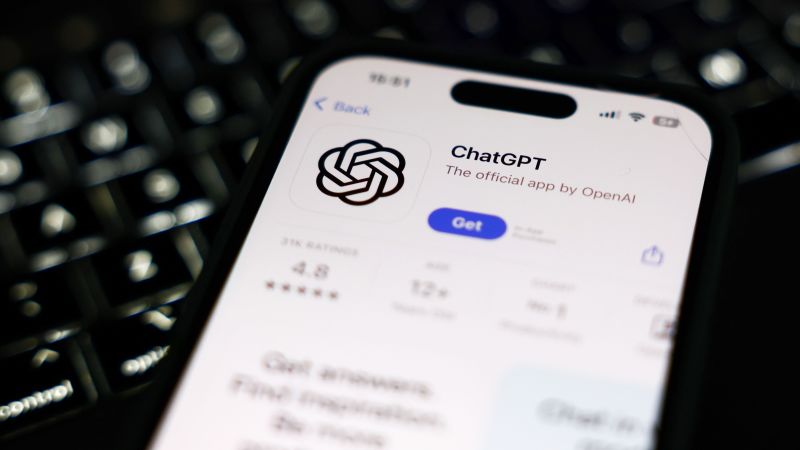On Tuesday, a widely recognized AI chatbot, ChatGPT, experienced degraded performance due to a partial outage. This disruption was reported by OpenAI, its parent company, in conjunction with Downdetector, a website dedicated to tracking the status of major web services. The incident highlights the challenges even leading technology platforms can face, demonstrating the fragility of their operational reliability.
OpenAI began its investigation into the performance issues early in the morning at 2:36 AM, but a noticeable spike in problems was recorded around 5:30 AM. Data from Downdetector indicated that the outage was significant, attracting nearly 2,000 error reports from users by mid-morning. In addition to ChatGPT, other OpenAI services, such as the video generator Sora and the application programming interface (API) for developers, were also impacted. This broad disruption could have far-reaching implications for users and businesses relying on these platforms for productivity and communication.
As the day progressed, OpenAI communicated that they were “seeing a recovery” within their developer tools and ChatGPT. However, they cautioned that a complete restoration across all affected services could take several hours. By the 11 AM ET hour, ChatGPT appeared to be functioning normally when tested by CNN. Nevertheless, by Tuesday afternoon, both OpenAI’s website and Downdetector showed that problems persisted, indicating a patchy recovery at best.
In their public communications, OpenAI acknowledged the issues, stating that they were “observing elevated error rates and latency across ChatGPT.” They further reassured users by mentioning that they had “identified the root cause” of the problems and were working diligently to resolve them. Inquiries for more detailed information were directed to their status page and the relevant post on X, formerly known as Twitter.
The timing of this outage is particularly noteworthy given ChatGPT’s increasing presence in the workplace. According to a report by Glassdoor, the use of ChatGPT in professional settings had doubled over the past year. Furthermore, a survey by Pew Research indicated that 26% of U.S. teens are now utilizing ChatGPT for school assignments, a significant increase from 13% just a year prior. This trend underscores the growing reliance on AI tools in both educational and corporate environments, increasing the impact of any outages on users.
Amid the disturbances, social media was abuzz with reactions from affected users. Some expressed humorous frustration about having to revert to traditional methods for completing tasks, such as sending emails without assistance. One user on X quipped, “ChatGPT is down…Which means I actually have to type out my own emails at work. Send prayers.” This levity highlights an underlying reality—many people have come to depend heavily on AI for their day-to-day operations, making any downtime inconvenient and disruptive.
It’s worth noting that ChatGPT is not the only platform that has faced significant outages in recent months. Several other services, including popular applications like Zoom and X, have also reported high-profile service disruptions this year. This cascade of outages raises questions about the resilience and reliability of digital platforms, especially as more sectors integrate AI technologies into their routines.
In conclusion, the partial outage of ChatGPT not only showcased the vulnerabilities of high-tech systems but also illuminated the increasing reliance of users on AI technology across various domains. As both businesses and individuals adapt to the prevalence of such tools, understanding how to navigate periods of service disruption will become increasingly important.



